Thanksgiving: How many lies are still told in school?
November 22, 2021
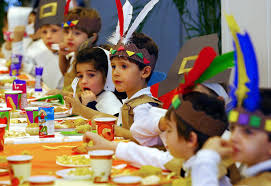
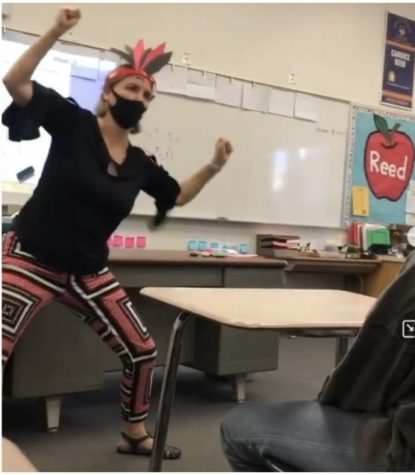
Thanksgiving break is almost here and a lot of people are thankful because of the break but is this potentially harmful to our kids? The glorification of holidays such as Thanksgiving are often overlooked. Many people believe that the statement ignorance is bliss follows this topic; once kids find out the truth behind the events of Thanksgiving they will face a loss of innocence.
Thanksgiving taught in school vs true events
I remember in school I learned that the events of Thanksgiving were completely different than what actually happened. I figured this out a few years ago while making mashed potatoes. I recall my aunt saying something about how schools are teaching children false information. So, I looked it up and was shocked. In some schools students learn false and offensive terminology like referring to indigenous people as “Indians”. They learn that pilgrims and Native Americans became besties after cooking and eating dinner together. In reality the events of Thanksgiving weren’t that merry. The dinner was peaceful but the calm didn’t last. Teachers make offensive lesson plans such as dressing kids up as pilgrims and Native Americans. Recently a teacher in California at John W. North High School dressed up as an “Indian” a Native American student decided to record it after feeling discriminated against and violated. The first photo is of kids having to dress up and play roles of both pilgrims and indigenous people. The second Picture is of Candice Reed the teacher in California.
Furthering your own knowledge, spreading awareness, and changing the meaning of Thanksgiving are all ways to help change misconceptions about Thanksgiving and help fight against violence towards Native Americans. This Land Is Their Land: The Wampanoag Indians, Plymouth Colony, and the Troubled History of Thanksgiving by David Silverman is mentioned in The Myths of the Thanksgiving Story and the Lasting Damage They Imbue, an article by the Smithsonian magazine. Both magazine and book talk in detail about the events of Thanksgiving and the effect of the false information being taught in schools. By reading or recommending articles such as this you can be less ignorant.
How can we change the meaning of Thanksgiving? In schools we learn about the history at home. Normally we focus on taking the time off to spend with our family and cooking traditional food. My mom teaches kindergarten and when I asked what she teaches her kids she responded by saying “I focus on being thankful and giving thanks with my kids. And as a family that’s mostly what we focused on”. To add on to that we can also do what Mr.Fedor’s family does which is to pay thanks and remember what the Native Americans did for the start of America.
Interview
Mr. Fedor is a social studies teacher who has taught at Urbana High School for 4 years. He has kids ages 11 and 8. In a short interview I gathered his opinion as a teacher and parent on Thanksgiving. I asked Mr. Fedor if he believed glorified holidays such as Thanksgiving should be changed. For an example if Columbus day should be changed as indigenous people day. Mr. Fedor responded saying “No” and explained that in his own family celebrating Columbus day was a big part of his family. Columbus was from Italy and Italians celebrate Columbus as one of their heroes them same with people from catholic religious. Mr. Fedor’s family focuses on the Cooperation between the two nations and what the Native Americans provided for the colonizers. When asked what he does at home he talked about how “teaching American exceptionalism is important at a young age”. He teaches his kids to have pride for their country. Things aren’t black and white and as kids start to get older we learn more and slowly the vale gets pulled back. But he wants to wait until later to teach his kids about the “true” history of Thanksgiving.
After learning about how his family celebrates Thanksgiving I asked about his opinions on more school based conflicts with Thanksgiving. First I asked if textbooks with inaccurate or sugar coated information should be updated? “Yes, but make it age appropriate.” Mr. Fedor responded. Then I questioned if he believes that he has a responsibility to spread awareness about historical events that haven’t been taught correctly even if it goes against the textbook. He said yes and mentioned that updated textbooks cost millions of dollars. That made me wonder how learning can be improved. Mr. Fedor told me that more student centered and less structured learning is better then curriculum based lessons. Mr. Fedor then talked to me about Montessori vs more traditional methods of learning.
Although the truth is problematic in some ways, it’s a part of life. Parents could disagree and want to shelter their kids which is understandable because it’s hard watching your kids struggle. Teachers might want to stay away from controversial subjects or follow the textbook. As a society is it immoral to not recognize the truth? History is taught so we don’t repeat mistakes and to learn from them how can we do that without the truth? By spreading awareness we can help keep history alive and true.
Photo Credits
Left Photo :Kavitha Cardoza, Education Week
Right photo: Instagram / @corn_maiden_designs

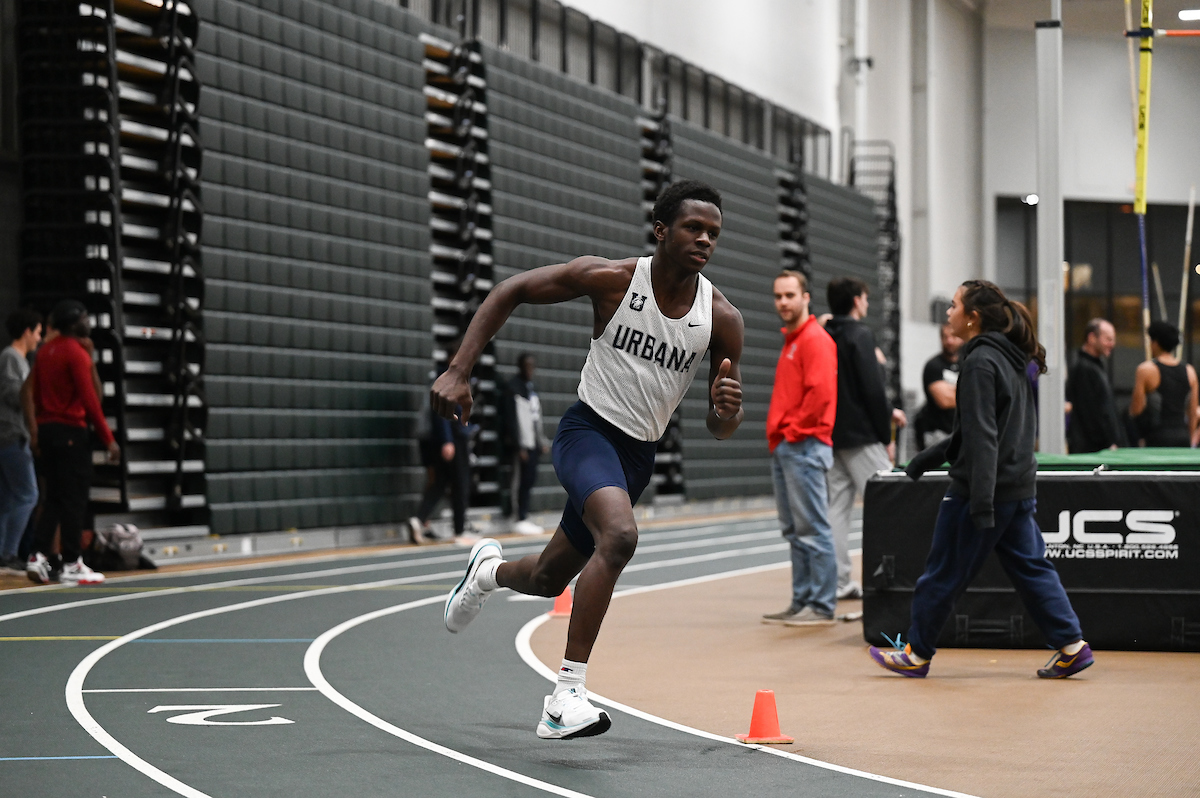


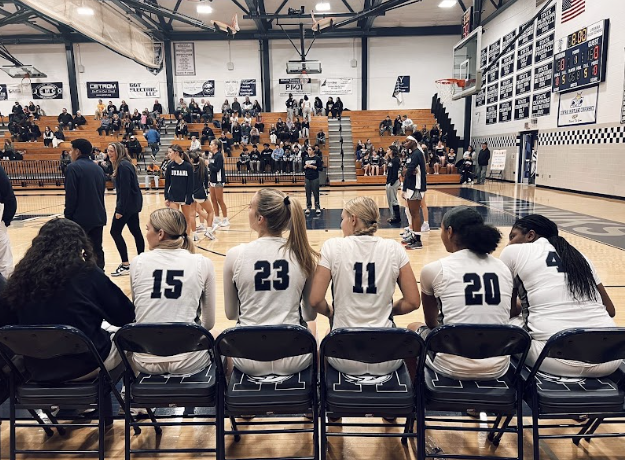
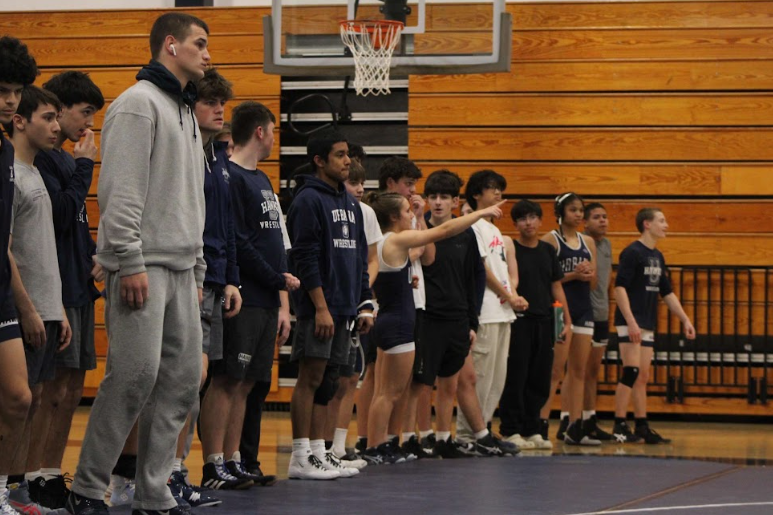

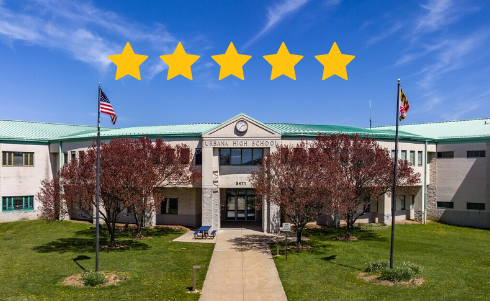


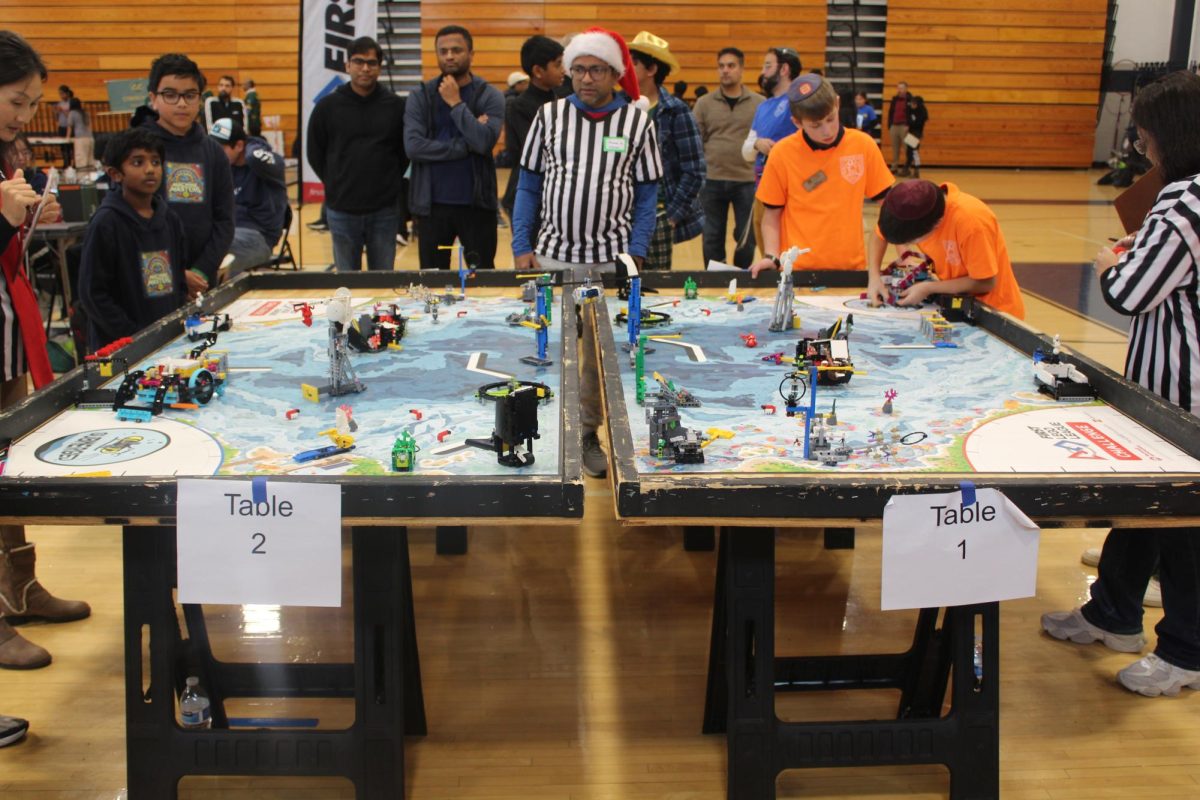
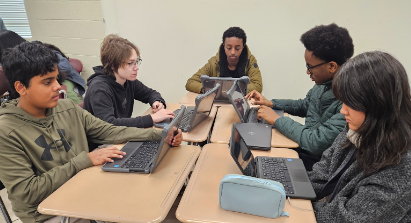
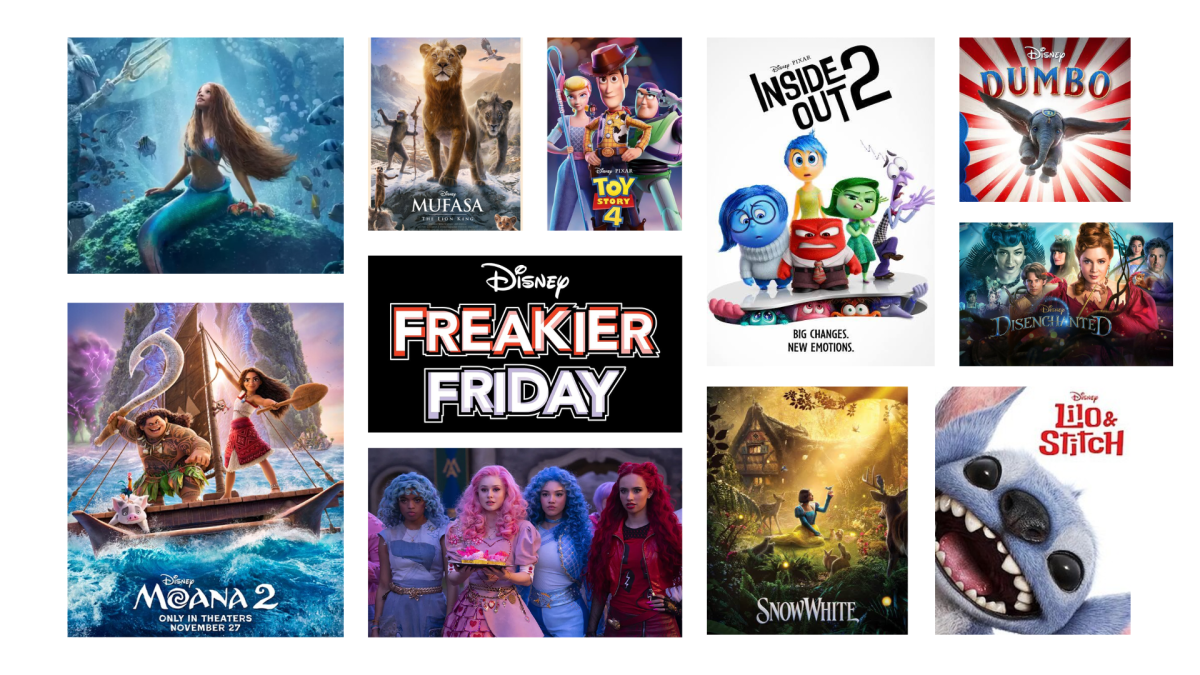

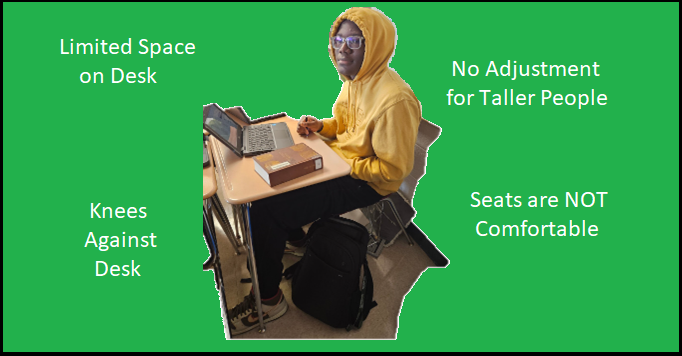
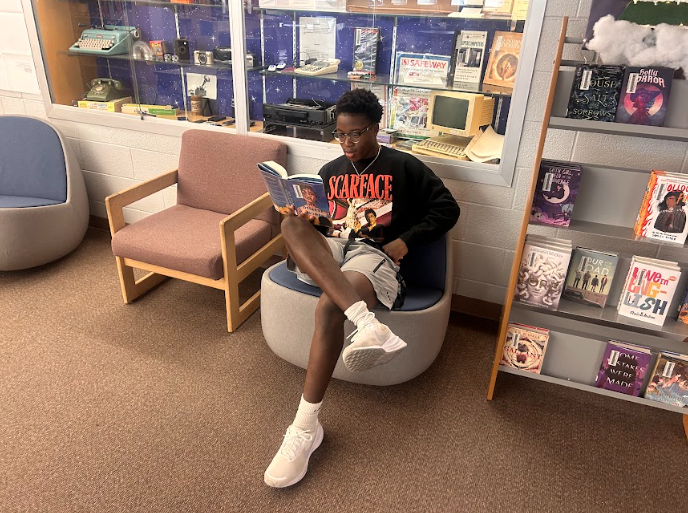






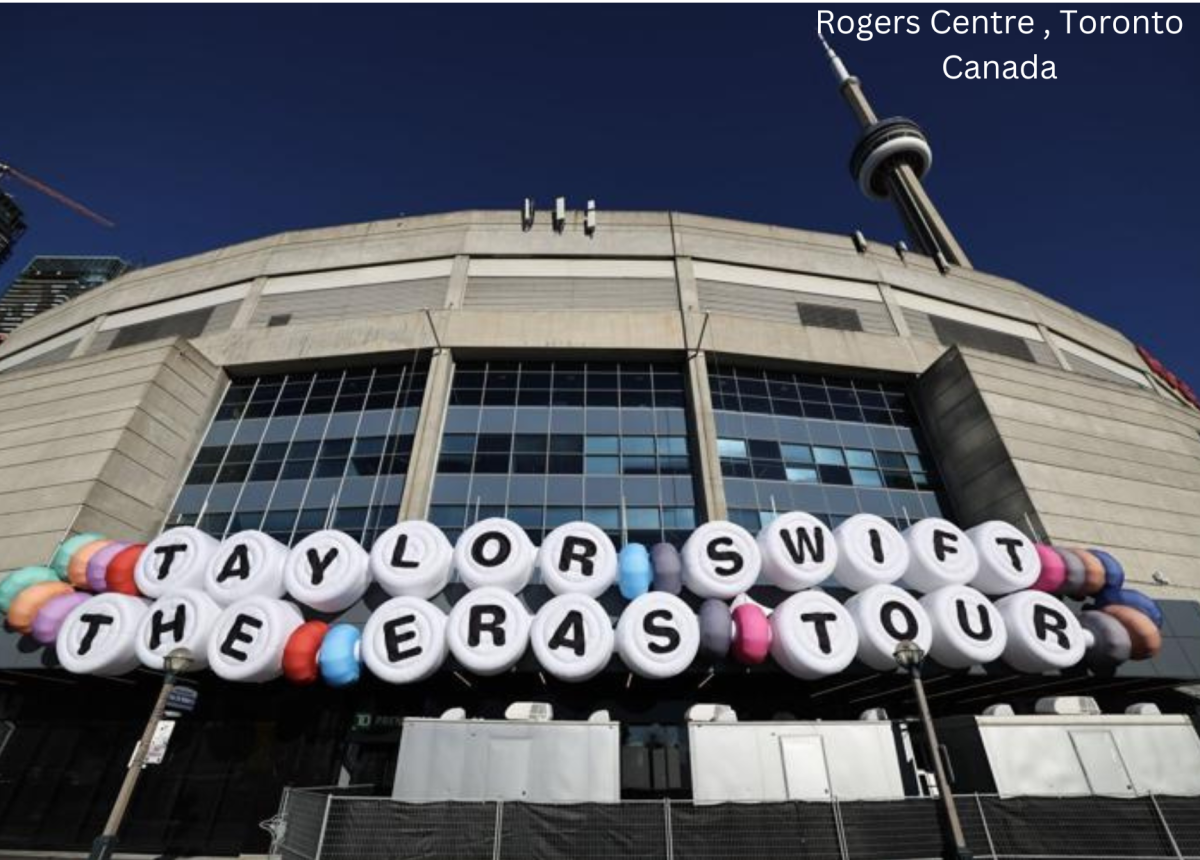
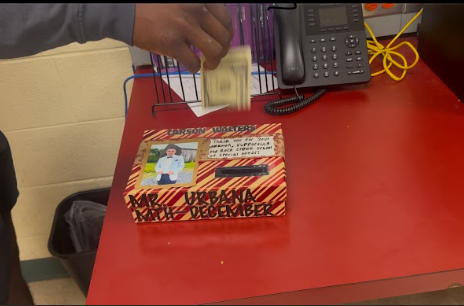
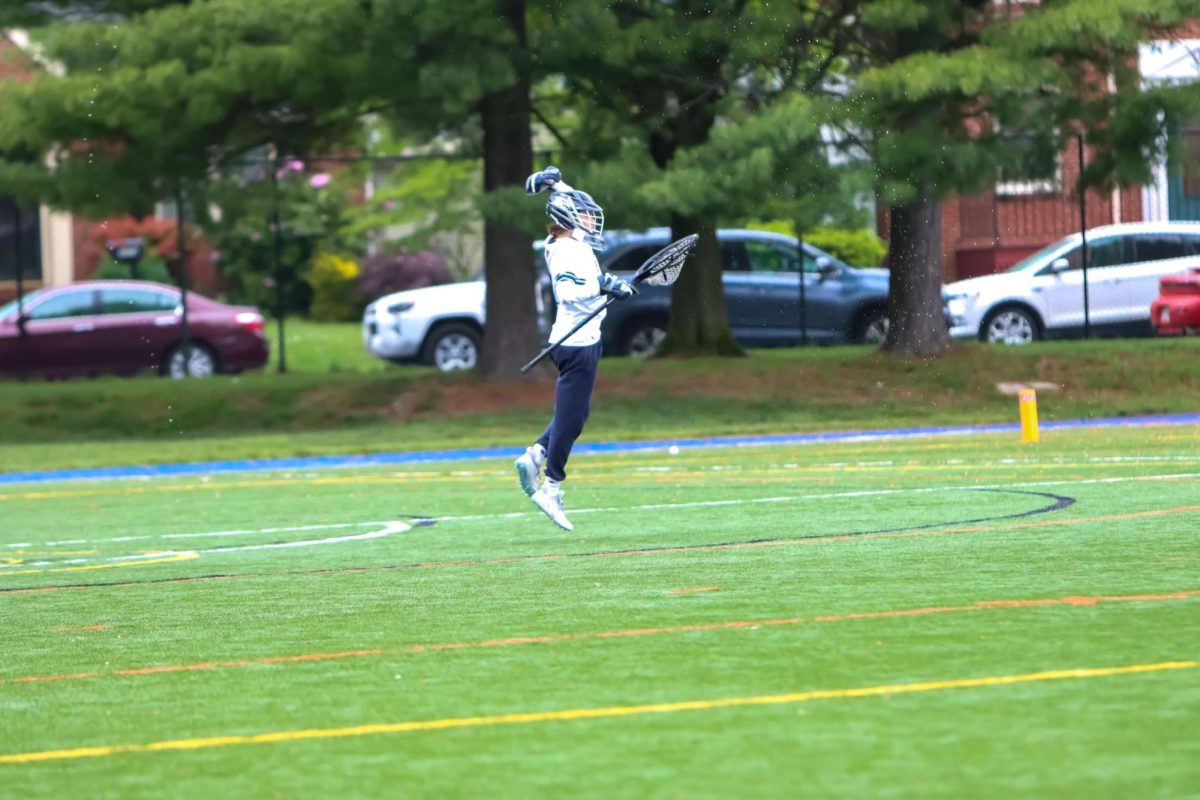

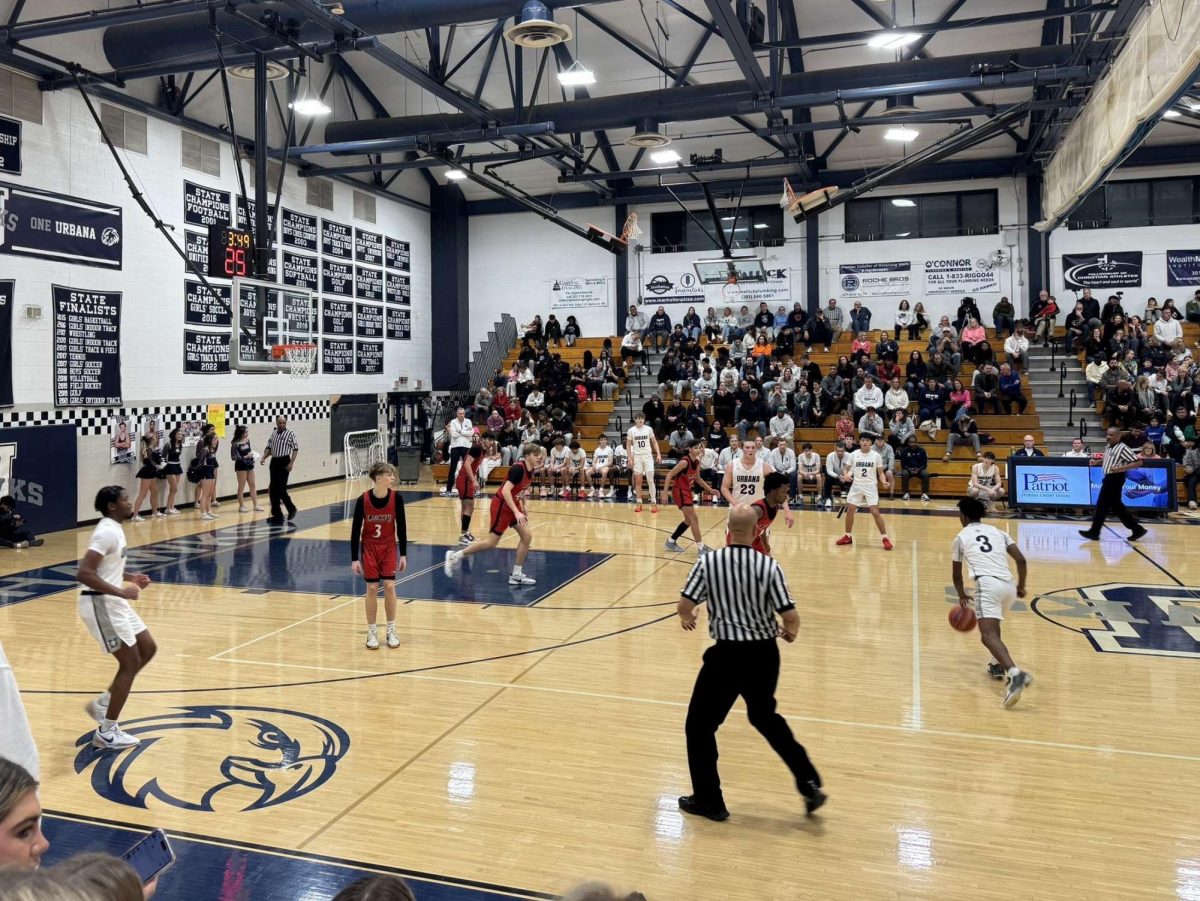
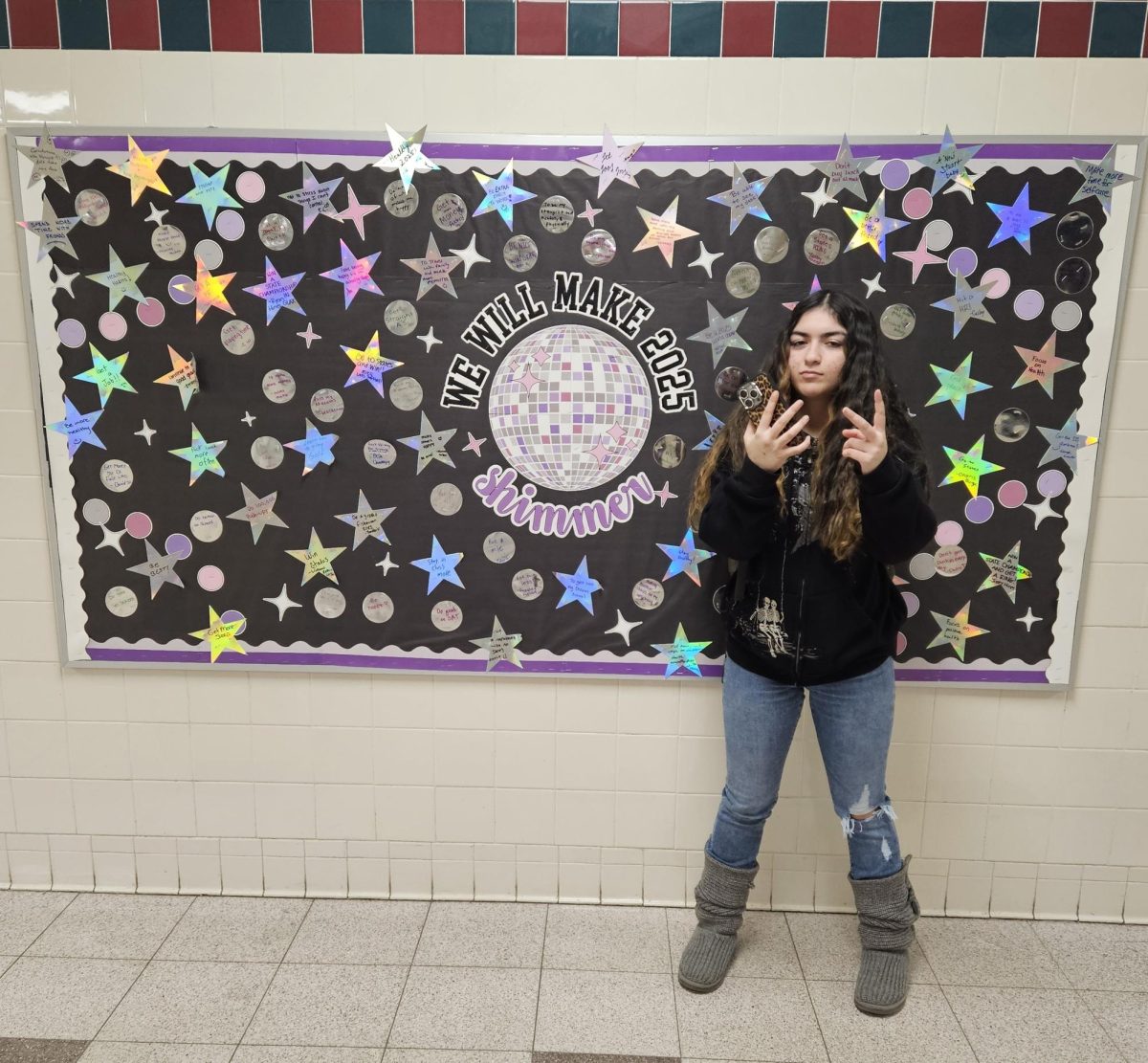
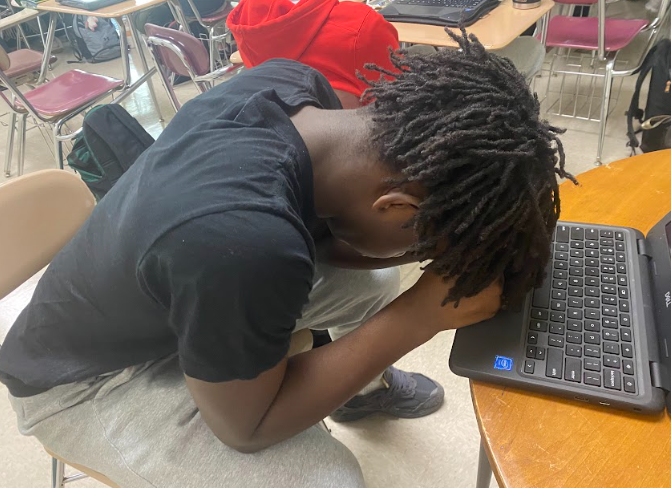
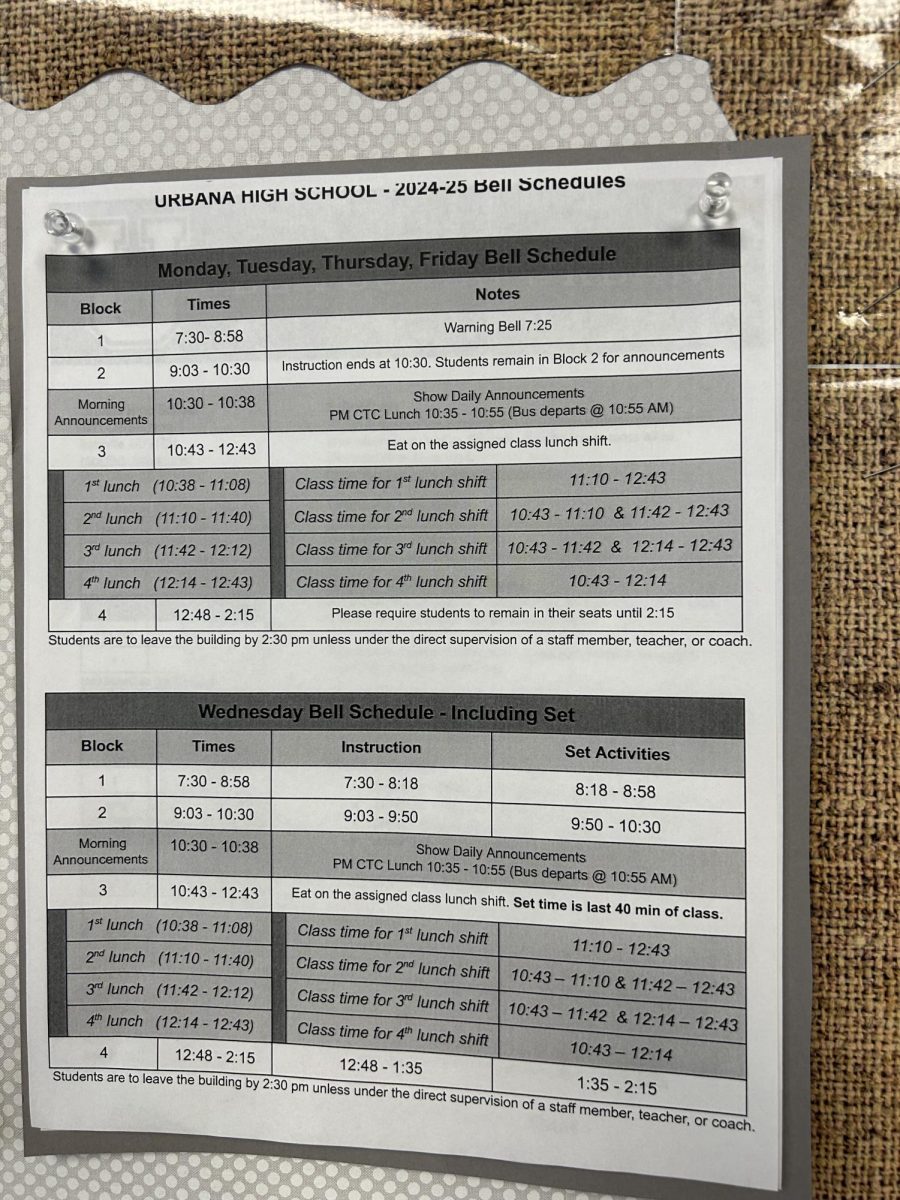
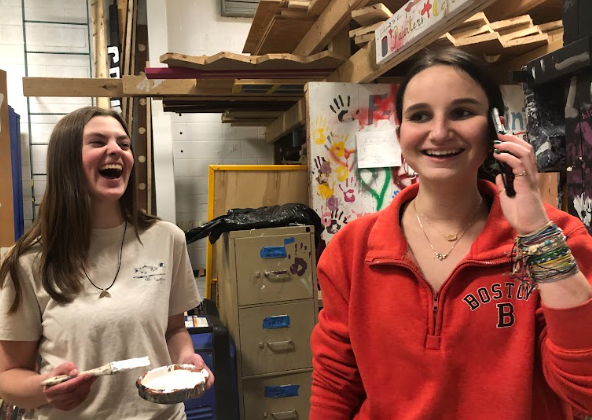
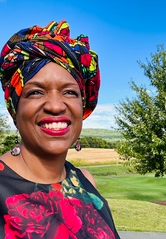
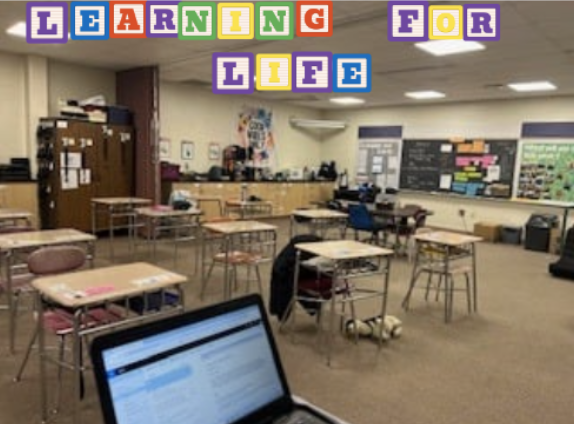
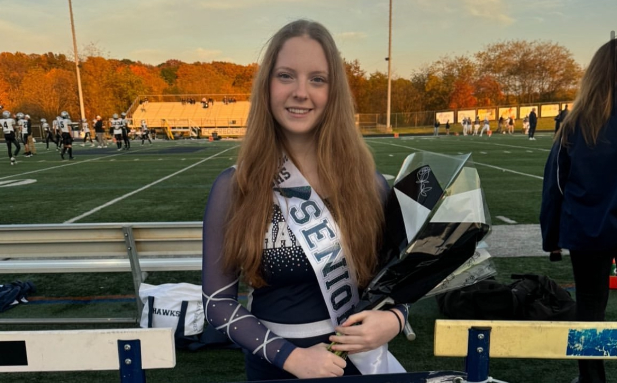

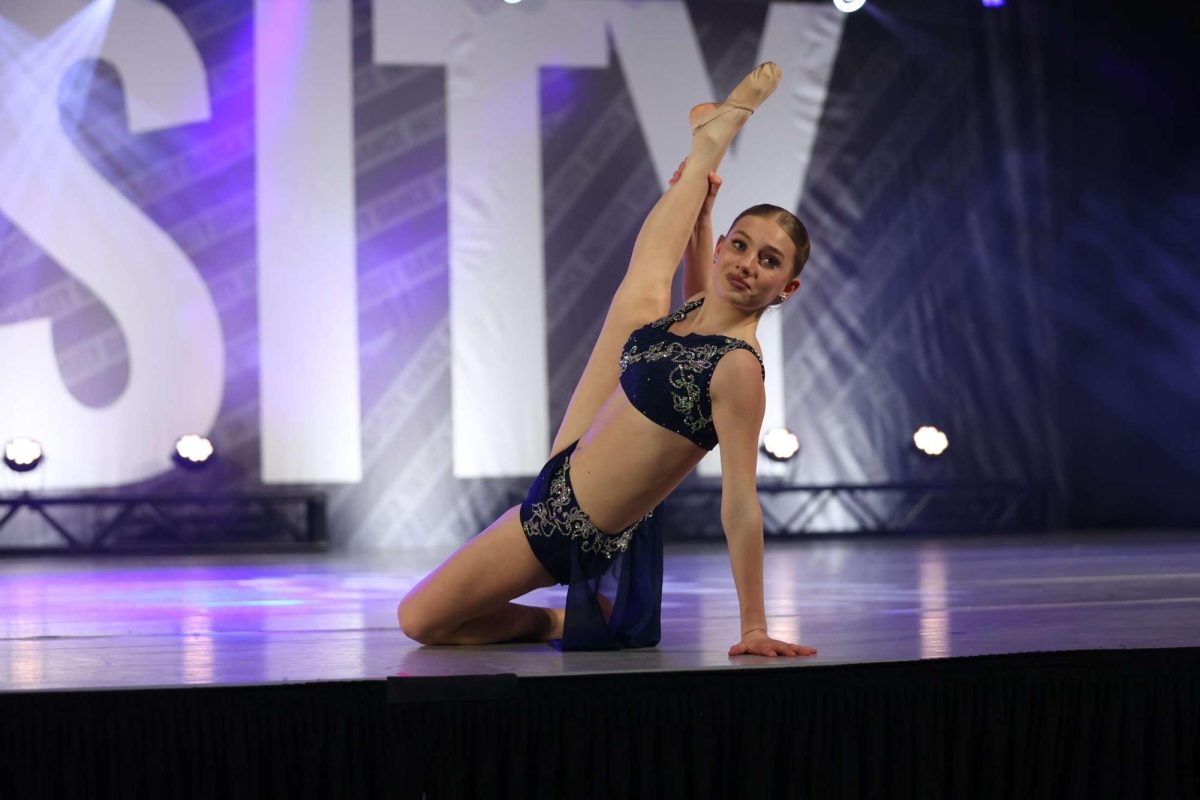
Margaret Williams • Sep 19, 2022 at 11:36 PM
How very sad that the inaccuracies and biased opinions of this teacher is allowed to prevail in the classroom of “education”. This type of education is allowed to be carried on through his opinions and slants on our USA history.
What a shame that a teacher is given this much influence over the young vulnerable minds of our future citizens rather than present the facts and truths of our country’s past history.